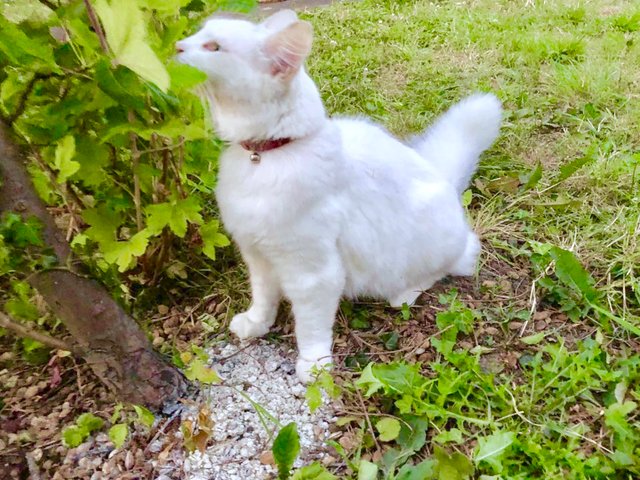Special Needs III

Kittens
Kittens are joyous additions to the furry family. When born, they are reliant on their mother for almost all aspects of hygiene and feeding. As they begin to mature after a few weeks, it’s expected that new-borns will begin to explore their surroundings with curiosity. With this awareness they will begin to instinctively approach the queen for feeding. This is indication that they are ready to move on from suckling to the transitional weaning process.
Moving to the weaning stage may vary in certain circumstances but this transition is well timed and the mother will often continue to nurse her kittens if required. After a further few weeks this transition will conclude and it will be time for the respected pet keeper to step in. Feeding the queen to supplement her pregnancy, suckling and weaning process is but the start of care. A special diet should be provided when kittens reach this stage of the weaning process around eight weeks in.
Kittens are small and hungry specimens. They will not show much restraint, if any, when being fed. For this reason, an allowance should be devised to prevent any digestive issues should overeating occur. Supplementing a diet during the weaning process is a delicate action as one supports both the queen and her litter. Similar to when feeding a cat during pregnancy, volume of food should be kept little but quality should be kept rich and served frequently. This is an ongoing process and should be monitored closely.
Digestion in kittens is an important factor when feeding. Kitten targeted food is high in protein but if fed in bulk amounts can lead to upset stomachs and other issues. One way to ease digestion is to further chop or crush food if possible. This lessens the mechanical burden on the kittens in their early stages and assists with digestion. Canned food may be desirable in this situation to allow ease of mechanical break down and of course, an attractive smell that the kittens will soon learn to call meal time. Dry foods however that possess premium nutrition content can serve as the sole diet supplement and work just as well. This should also promote healthy jaw development. Dry diets should of course be supplemented by correct water ratios.
Dry food can be kept out throughout the day for kittens and they will eventually eat as required. This should be carefully monitored however as mentioned previously, kittens love to eat and there is a risk of becoming overweight. Frequent and controlled meals are the preferred feeding method but mileage may vary between households. Meal times should also be strategically planned to allow these frequent meals to be served without interference. If other cats reside in the household it may entice them to join in on the meals which are most likely in excess to normal adult or senior requirements. A quiet environment is preferred for segregated feeding.

To listen to the audio version of this article click on the play image.

Brought to you by @tts. If you find it useful please consider upvoting this reply.